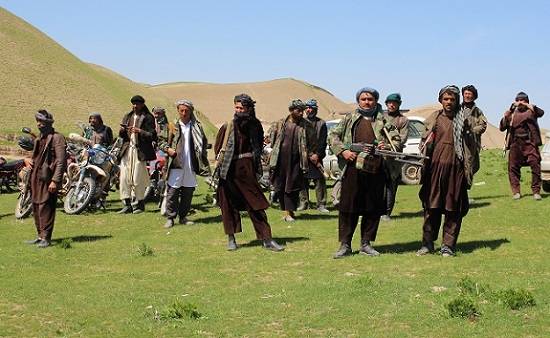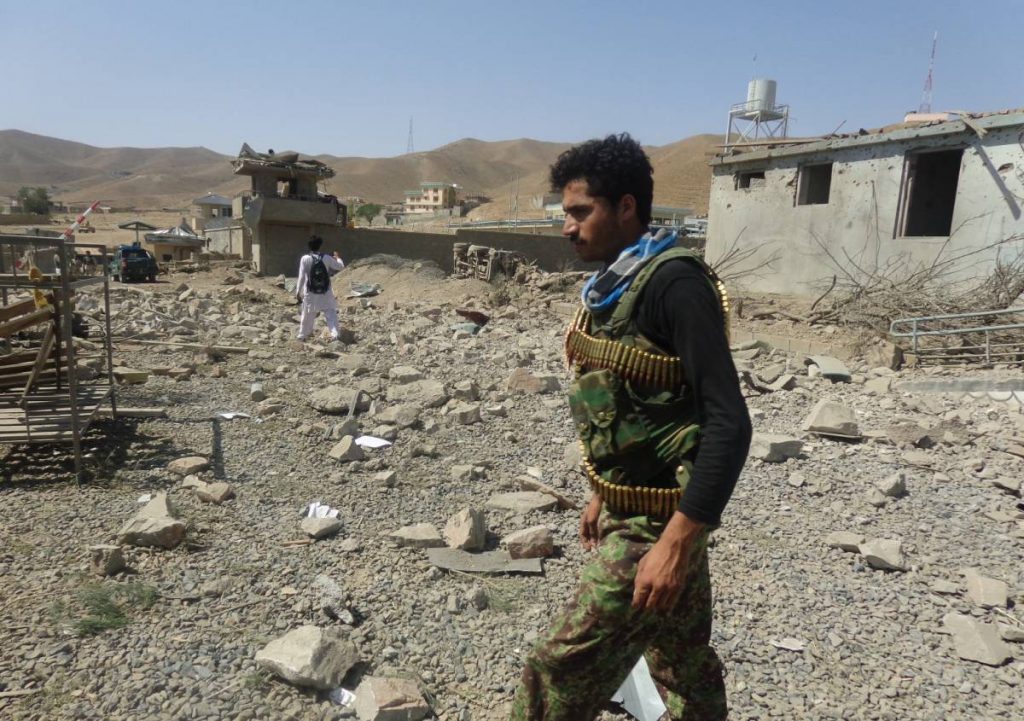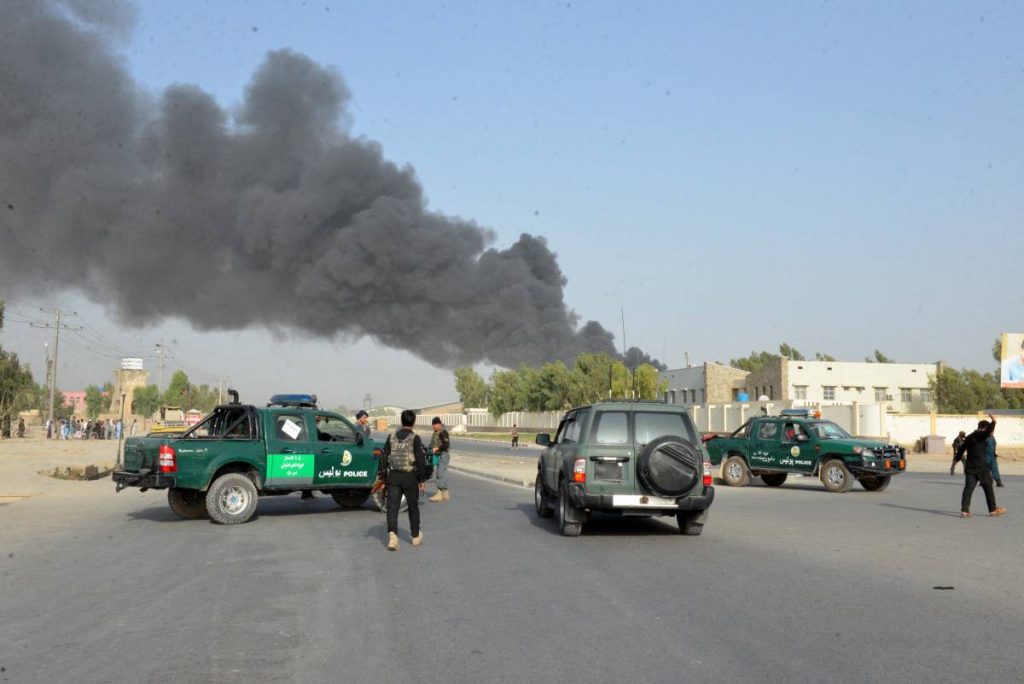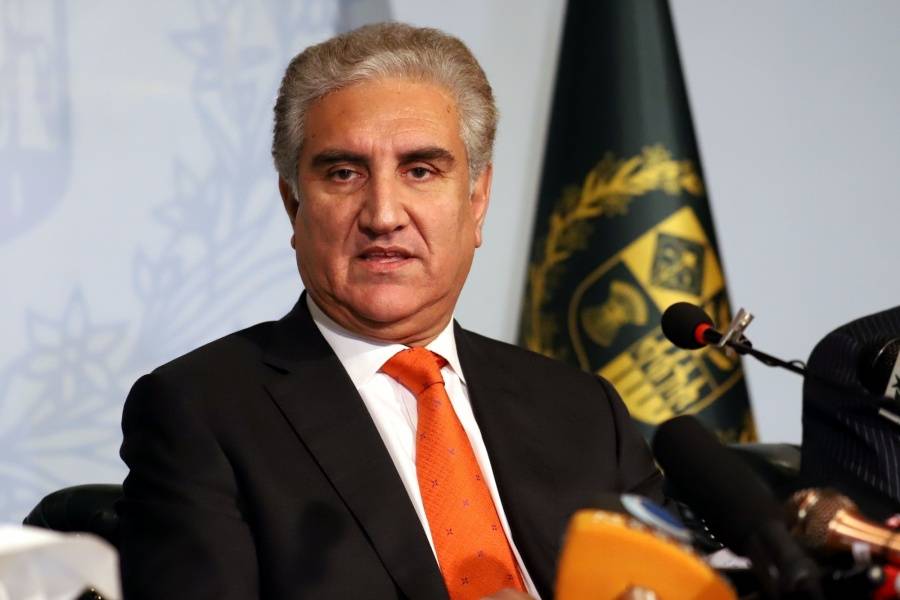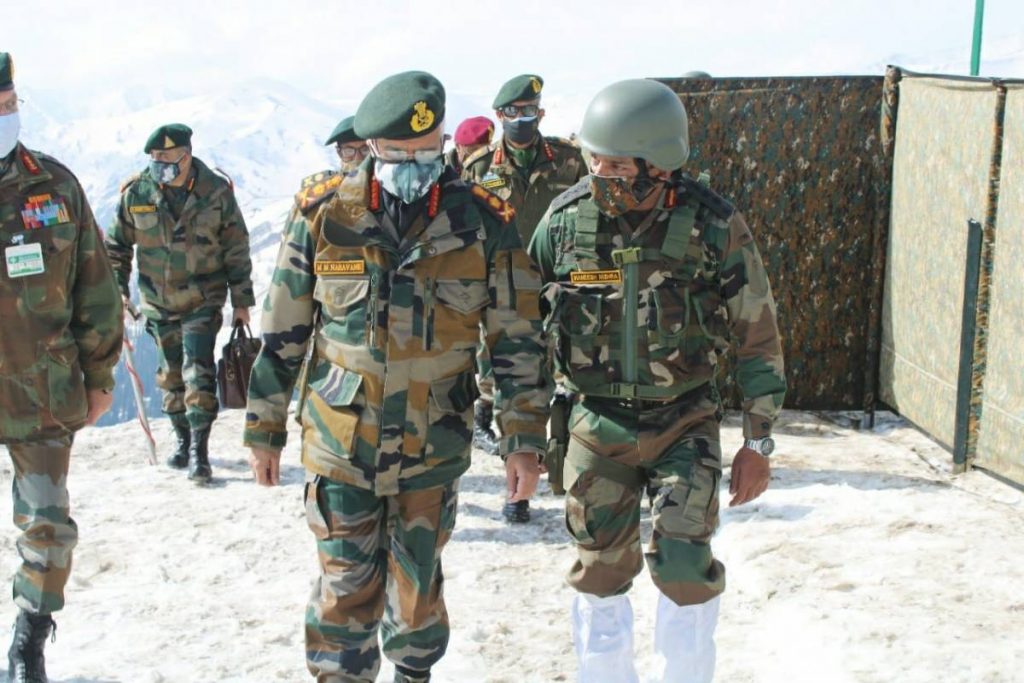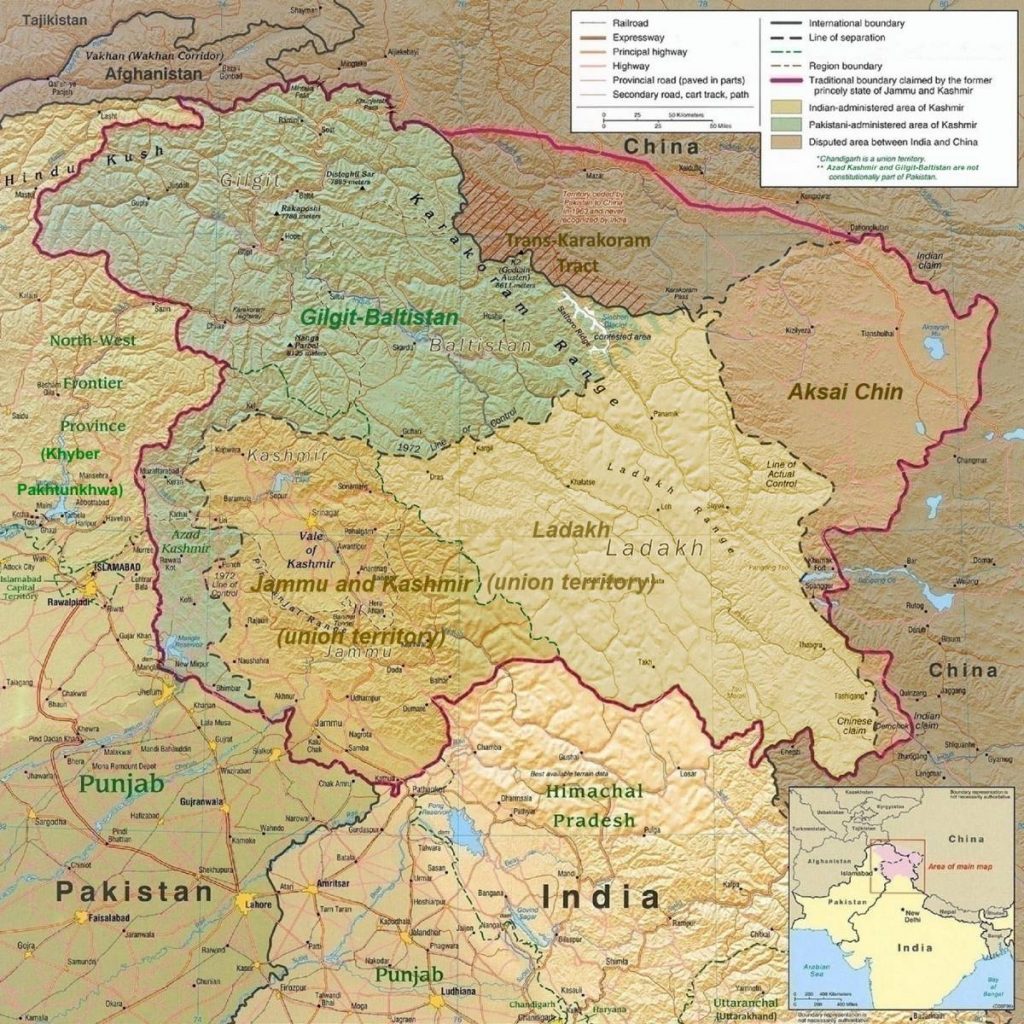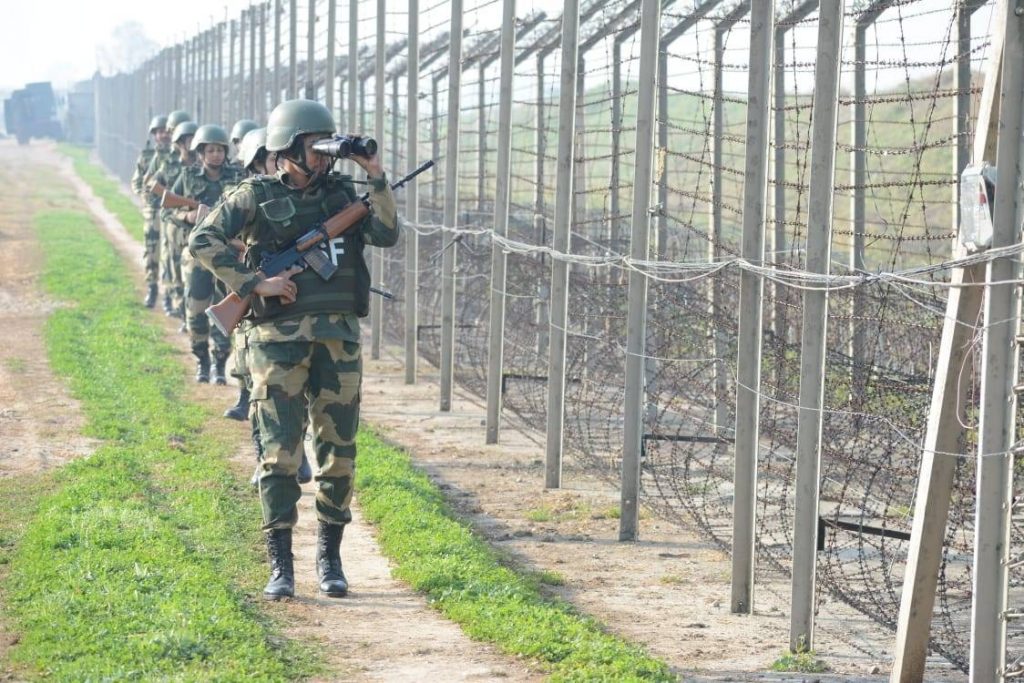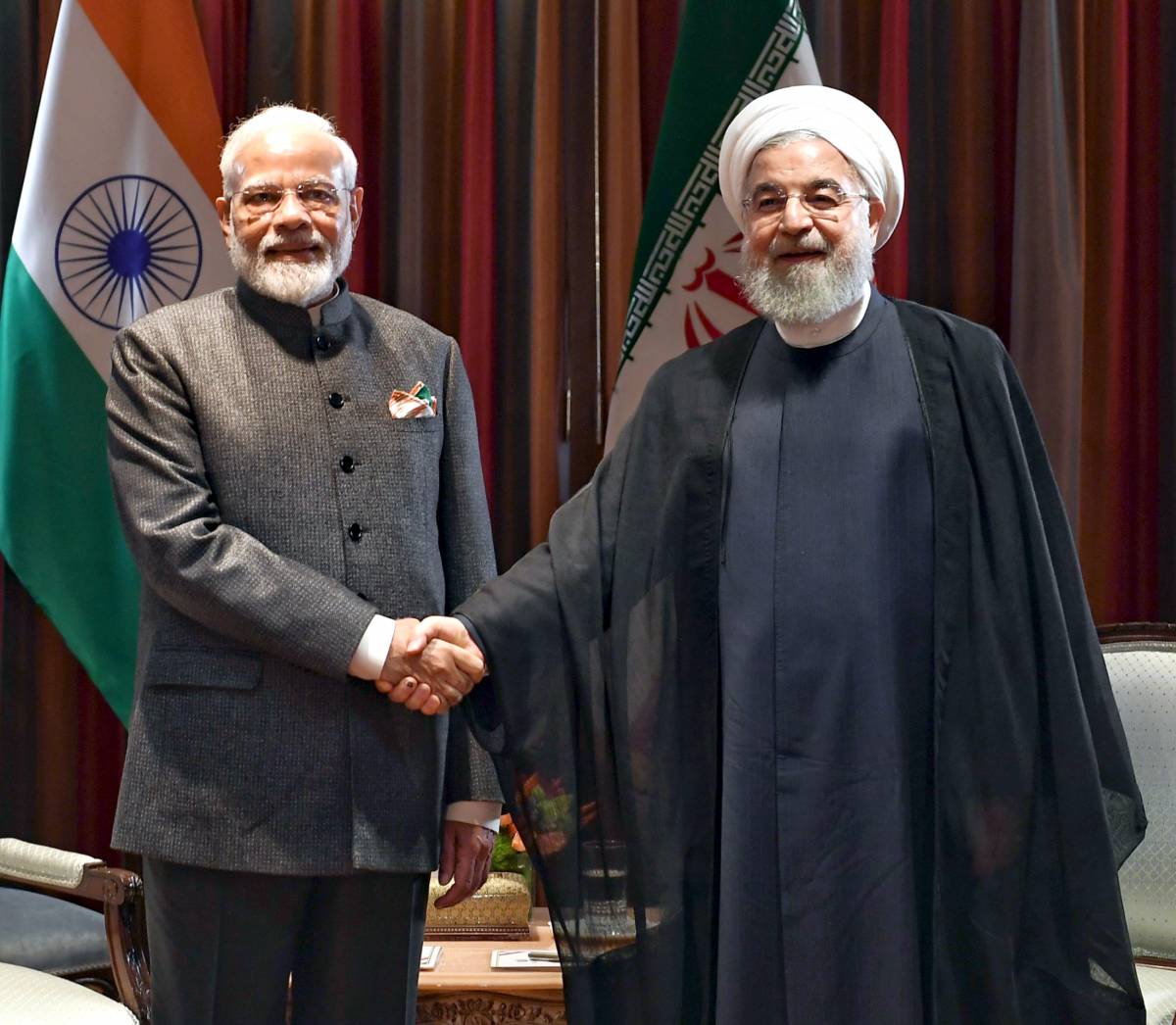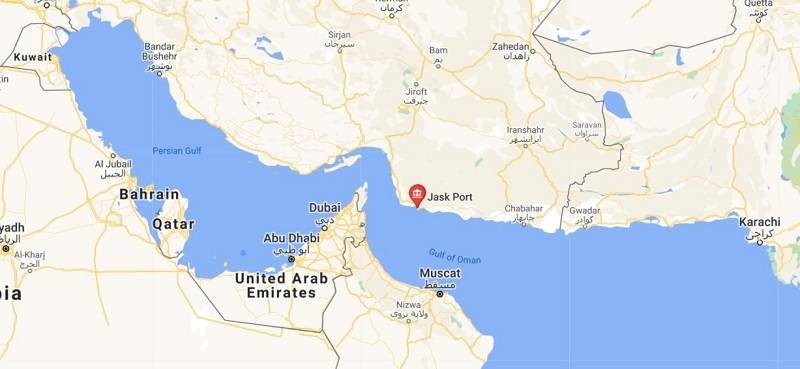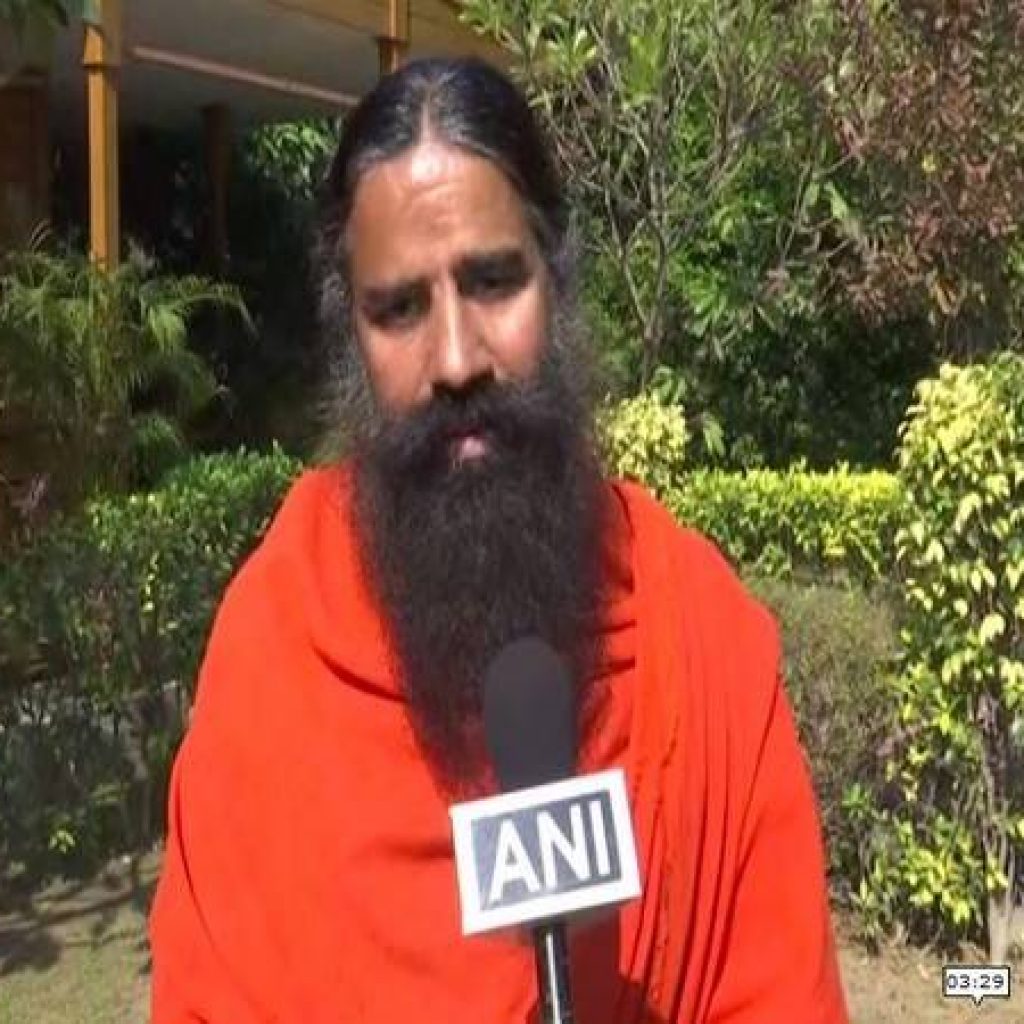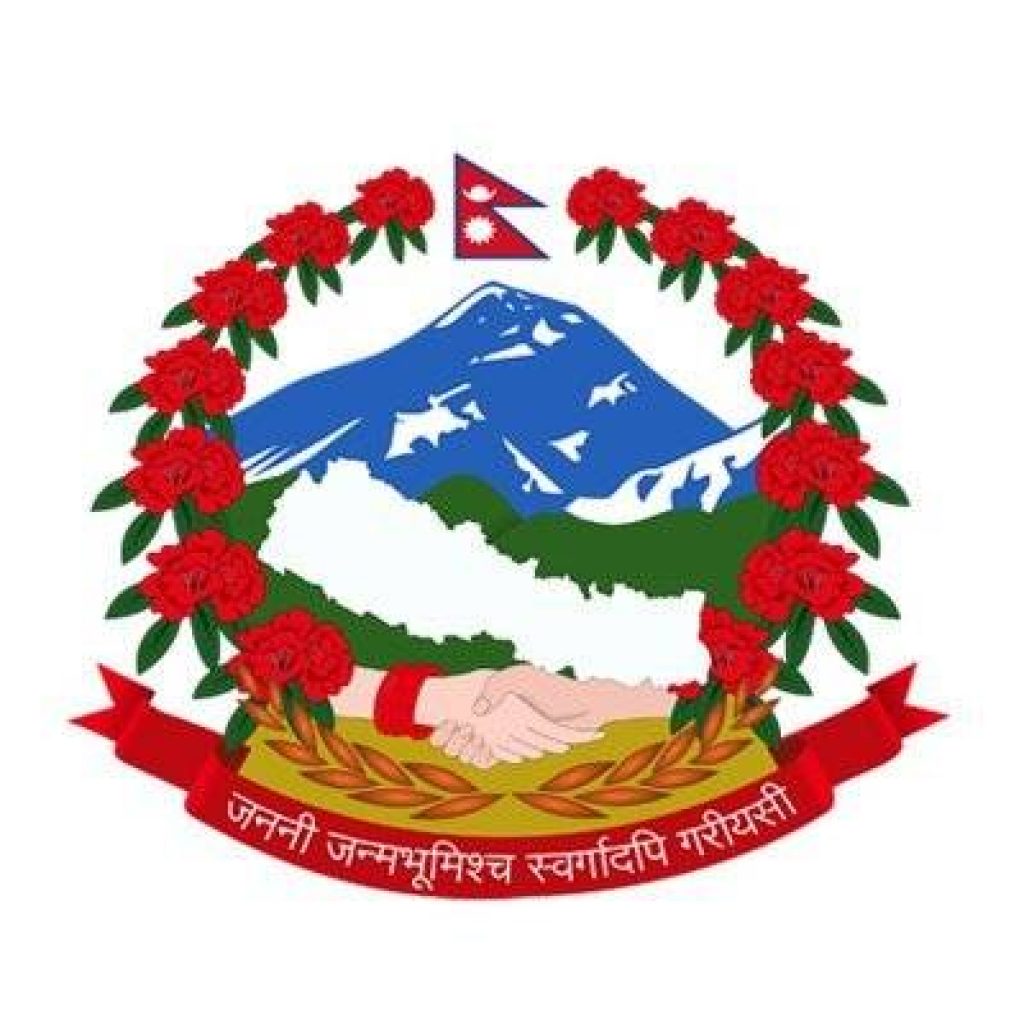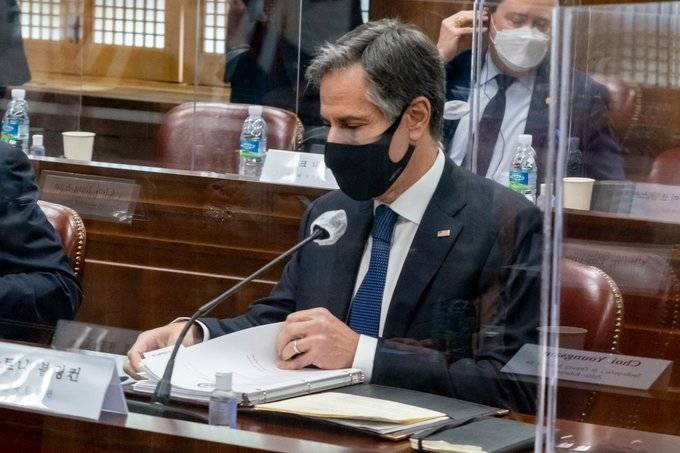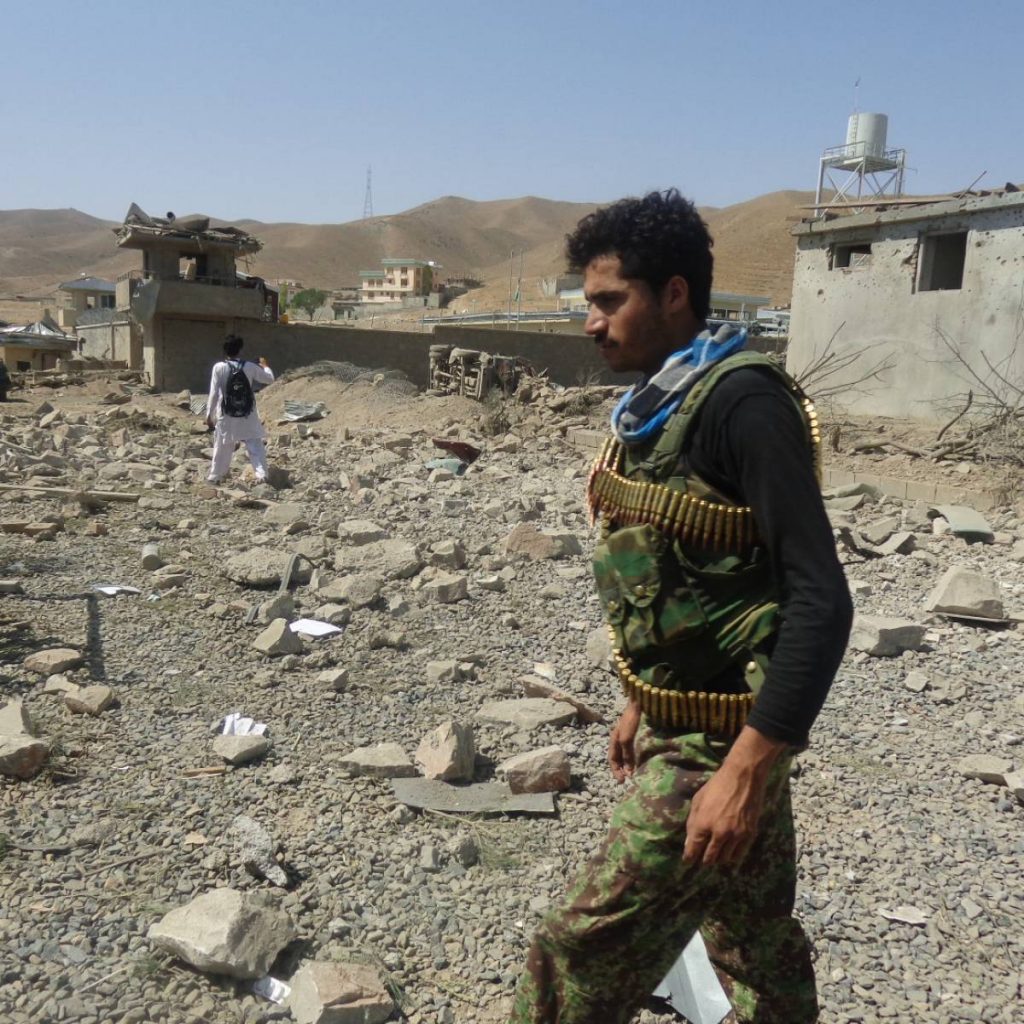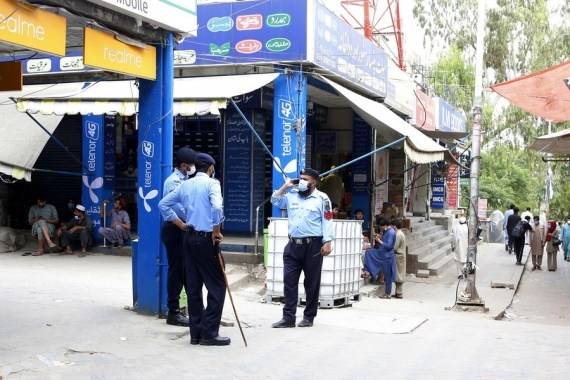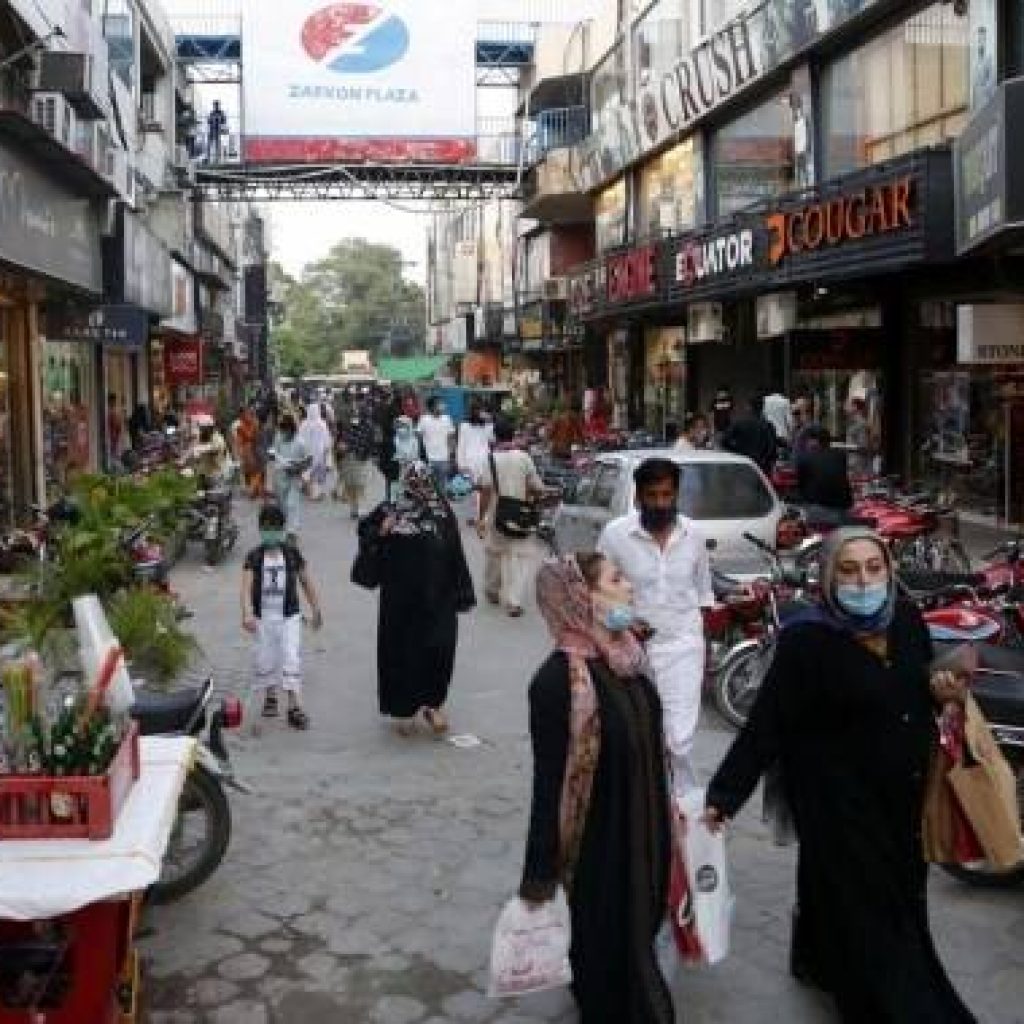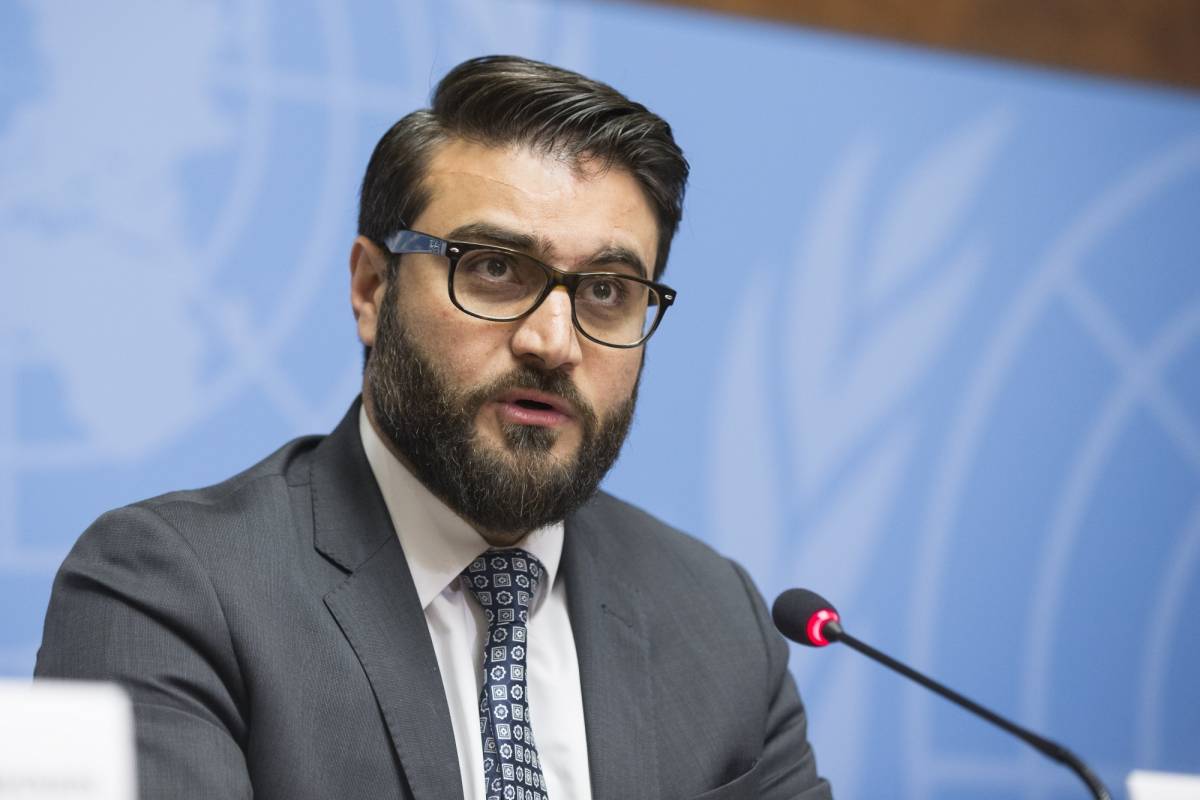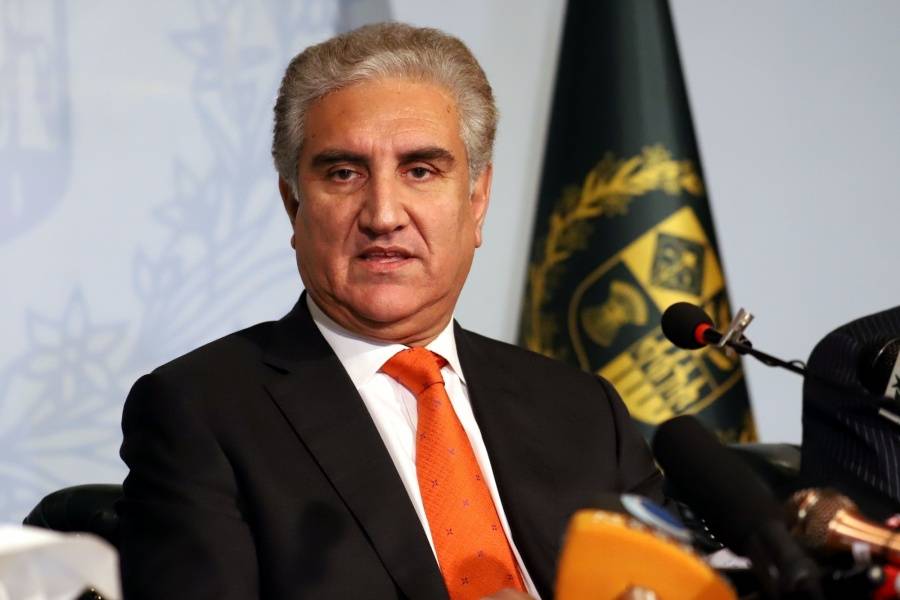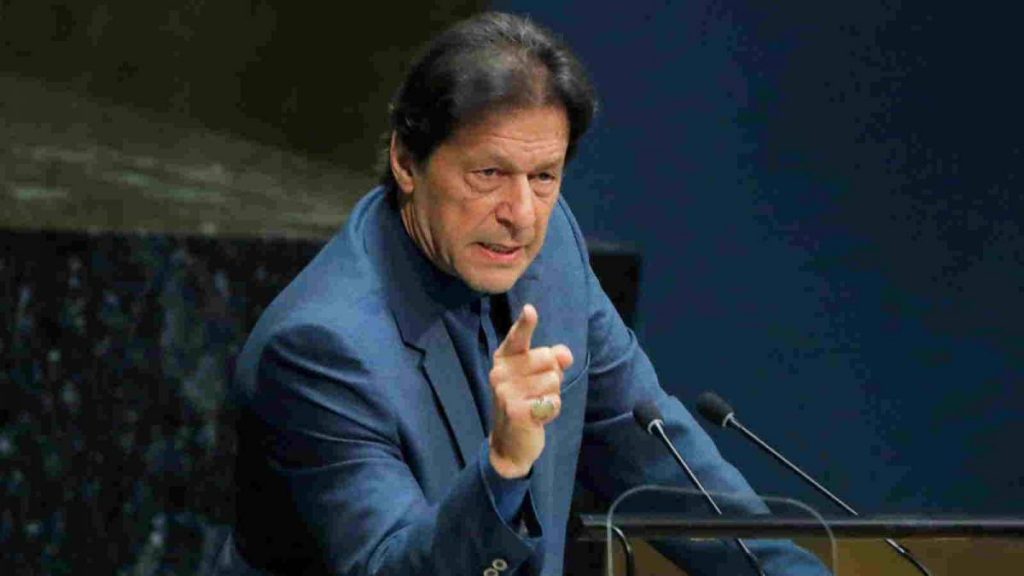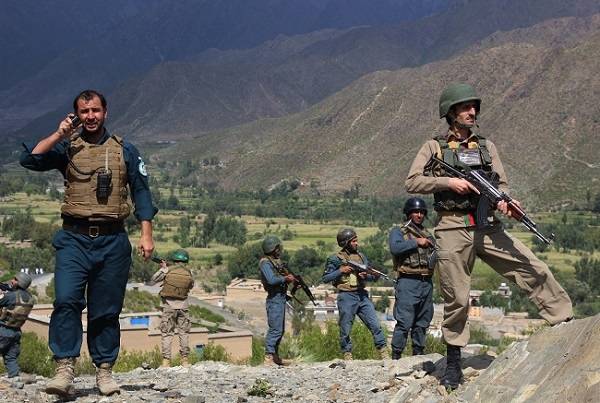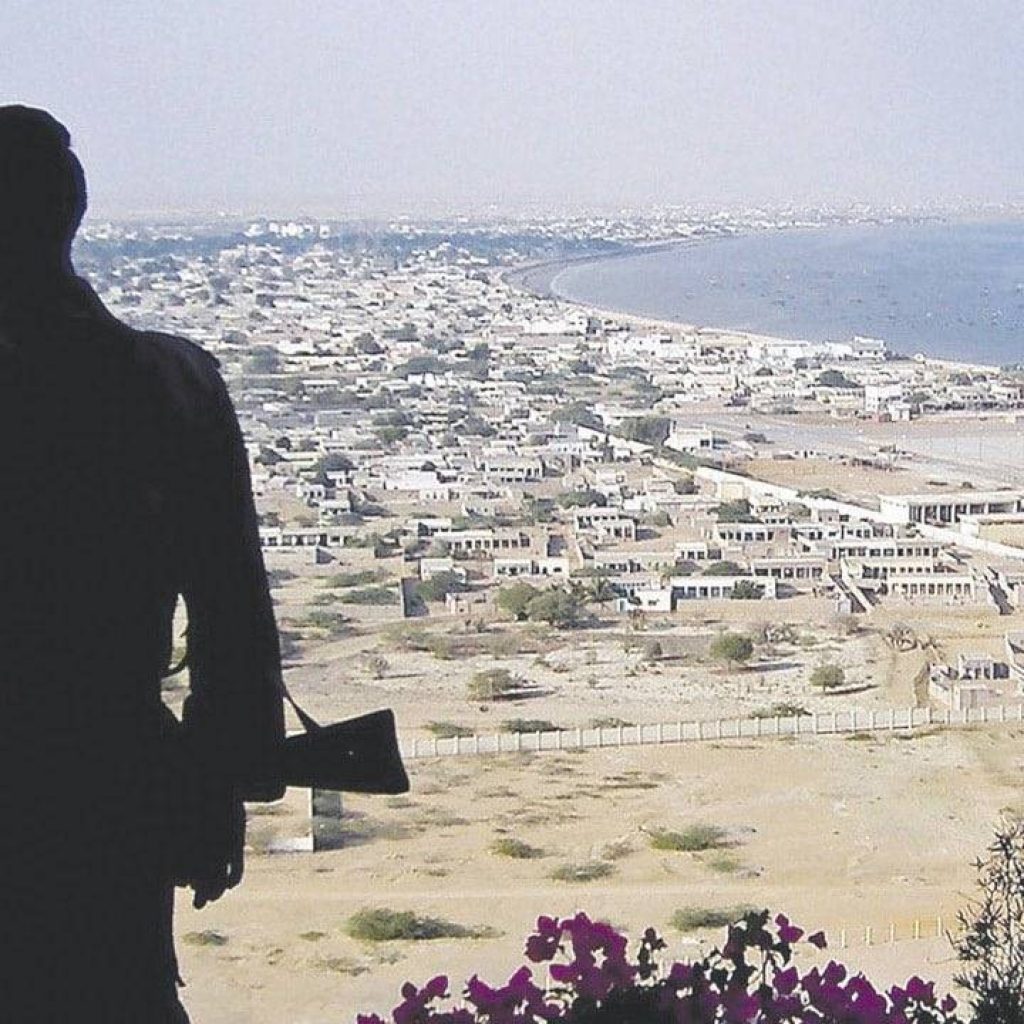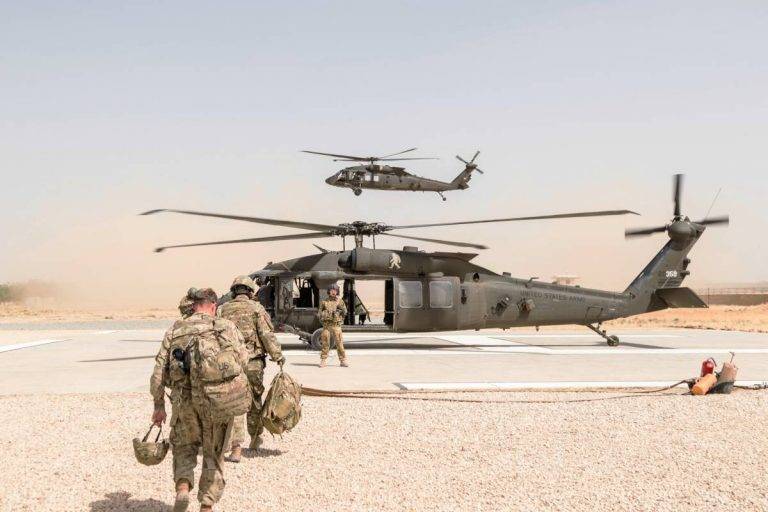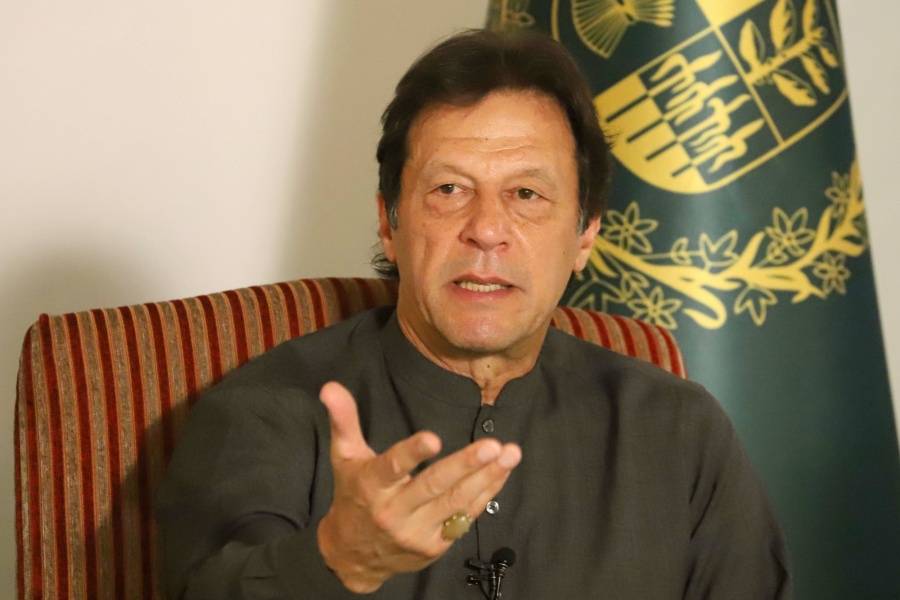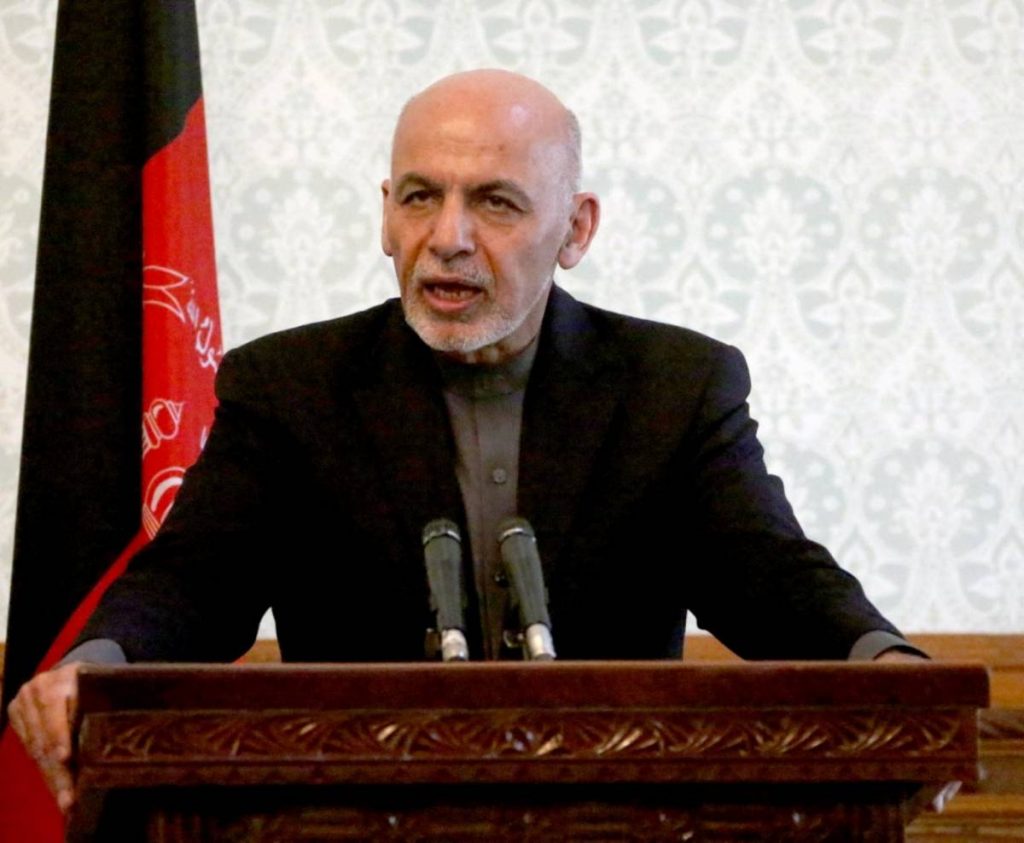The incident took place at 9.55 p.m. on Monday in Salang district, Parwan province, north of Kabul…reports Asian Lite News
Several Afghanistan provinces were hit by a blackout as a power pylon was destroyed in an explosion, Breshna Sherkat, the national power company, confirmed on Tuesday.
The incident took place at 9.55 p.m. on Monday in Salang district, Parwan province, north of Kabul, the company said in a statement.
It added that a technical team has been sent to the area to repair the power pylon and resume power transmission to Kabul and other provinces, reports Xinhua news agency.
In Herat province, unknown miscreants destroyed an electricity tower in Kohsan district early Tuesday, cutting power imported from Iran to provincial capital Herat city, Zenab Mohsini from a regional office of Breshna Sherkat confirmed.
The militancy-plagued Afghanistan has been facing power shortage as the country has limited hours of power during day and night times.
To overcome the scarcity, the government has imported power from neighbouring Iran, Uzbekistan, Turkmenistan and Tajikistan, but it is still too little to meet domestic need.
No group has claimed responsibly for the incident.
Two dozens of power pylons has been destroyed or damaged by explosions along the power grid in recent months.
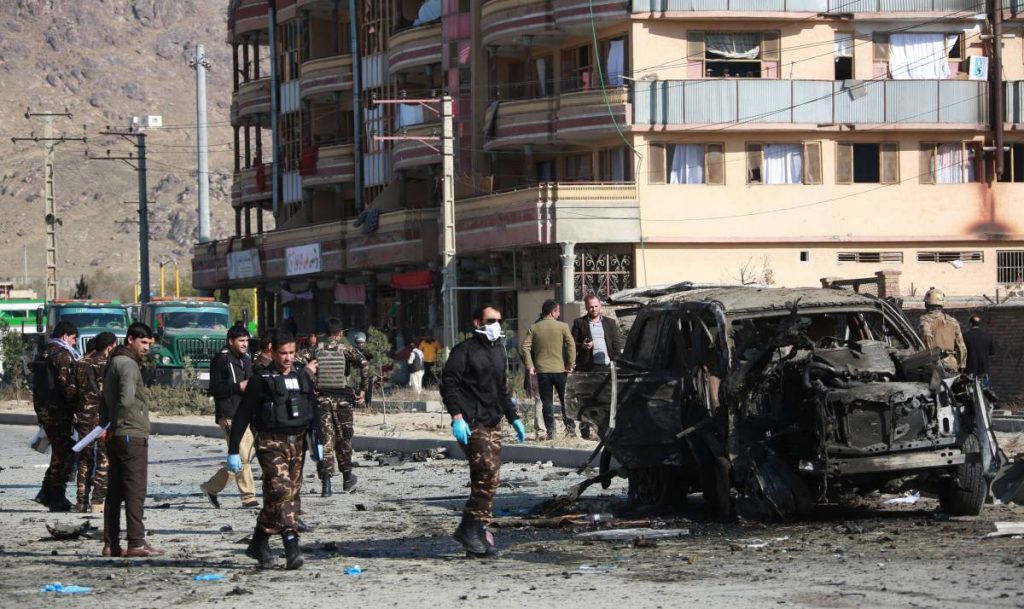
Protesters killed
Three protesters were killed and over 20 suffered injuries in a clash with security forces in the capital of Afghanistan’s Badakhshan province on Tuesday.
The residents of Faizabad were protesting against inadequate security in the province and the lack of electricity and water in the area according to those who were part of the demonstration, reported TOLOnews quoting health officials.
“The protesters attacked the governor’s compound and threw stones and wood at security forces. They clashed with the security forces even before sharing their concerns,” Nek Mohammad Nazari, a spokesman for Badakhshan’s governor said, it reported further. (IANS/ANI)
ALSO READ: FATF regional body retains Pakistan on ‘Enhanced Follow-up List’


